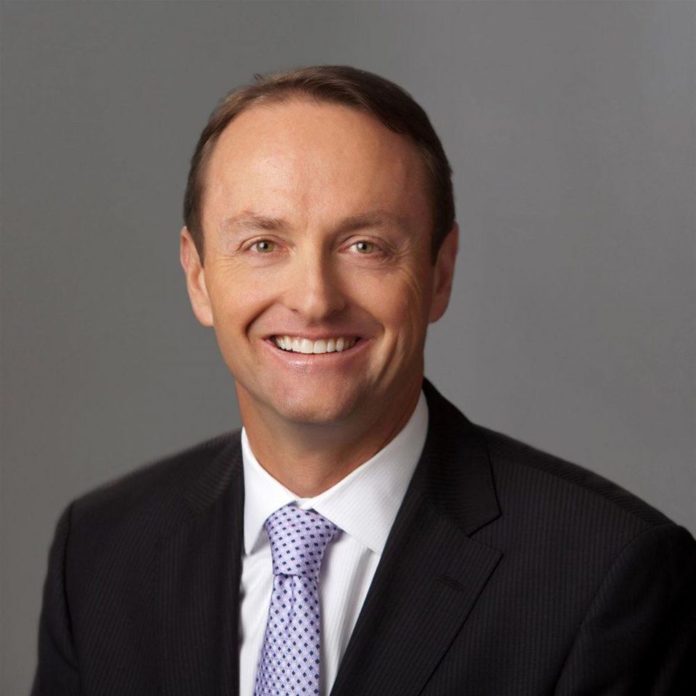
Is it possible to be too focused on goal setting?
John Parker joined Amway in 1993, as a distributor relations sales manager, and he quickly advanced through the organization. Today he's chief sales officer for Amway, and is responsible for the company's global sales operations. He is also a past member of the leadership advisory board for the college of business at Ferris State University.
I recently interviewed Parker for the LEADx Leadership Podcast, where he discussed his approach to leadership and his best advice for young professionals. (The interview below has been lightly edited for space and clarity.)
Kevin Kruse: What advice would you give to a young professional who sees your career story and wants to have similar success?
Parker: Let me start off by saying, everybody's journey is unique. My perspective is based on my personal experience–and understanding that this next generation thinks about their careers differently, and approaches work differently–I recognize that my lessons and my advice are just that, based on my experience. My advice is, counter to what a lot of people say like, “focus on goals, timelines, be clear about where you want to go and how you're going to get there, and communicate that to your boss, and develop yourself in that way.”
I took very a different approach. My perspective has always been very much to stay in the moment, and do the best job that I can on the work that I'm being assigned at the moment.
I decided early on in my career that Amway would take good care of me. If I worked hard, and I produced results, and I was able to contribute in a way that made our business better, I trusted that over time my career would take care of itself. So, I really never had specific goals or objectives around achieving a certain level by a certain time. I look at business as being a team sport. I think if we collaborate in a way that makes those around us better that leadership sort of happens. And so, my view on things might be different than many, but I think it's easy for us if we focus too much on what's next, to not be in the moment in a way that we're going to have the impact we could have.
Kruse: What advice would you give to a new first-time manager?
Parker: Two thoughts come to mind. First is, I think the most effective leaders are the ones that really focus on their team, and not personally on themselves. I think that, in any leadership environment, whether it's in business, community, or sports, or whatever, when your team genuinely believes that your priority is their success, they'll buy in in a way that you're not going to get just because you have the title. I think that's really foundational and really critical.
The second comment I would have is, I think to be successful as a leader, you have to find and deeply engage with mentors that are going to push you and stretch you. And it's not on your company to do that for you. It's on you to identify who those mentors are that you want to connect with, and really go after them. Build that connection, make it worth their time, figure out a way you can add value to them, and then when you're with them, as much as you can, keep your mouth shut and your ears open and learn.
Kruse: What does your rhythm of communication look like?
Parker: I do regular one-on-ones, both because I think it's a valuable tactic, in terms of ensuring that the dialogue is consistent, and because it also demonstrates to them that you care. Another dynamic I would add to this is that the idea of informal one-on-ones; dropping by, and engaging with your team when it’s not on a specific project or task. I think that can create a foundation and a trust where, when they hear you're interested in them and their development beyond the work of the moment, I think that goes a long ways towards establishing the type of team dynamic that every leader is trying to achieve.
__
John Parker’s approach to career and leadership is refreshingly simple: if you focus on doing a good job in the present—if your team knows you care about their success above your own—the future will take care of itself.





